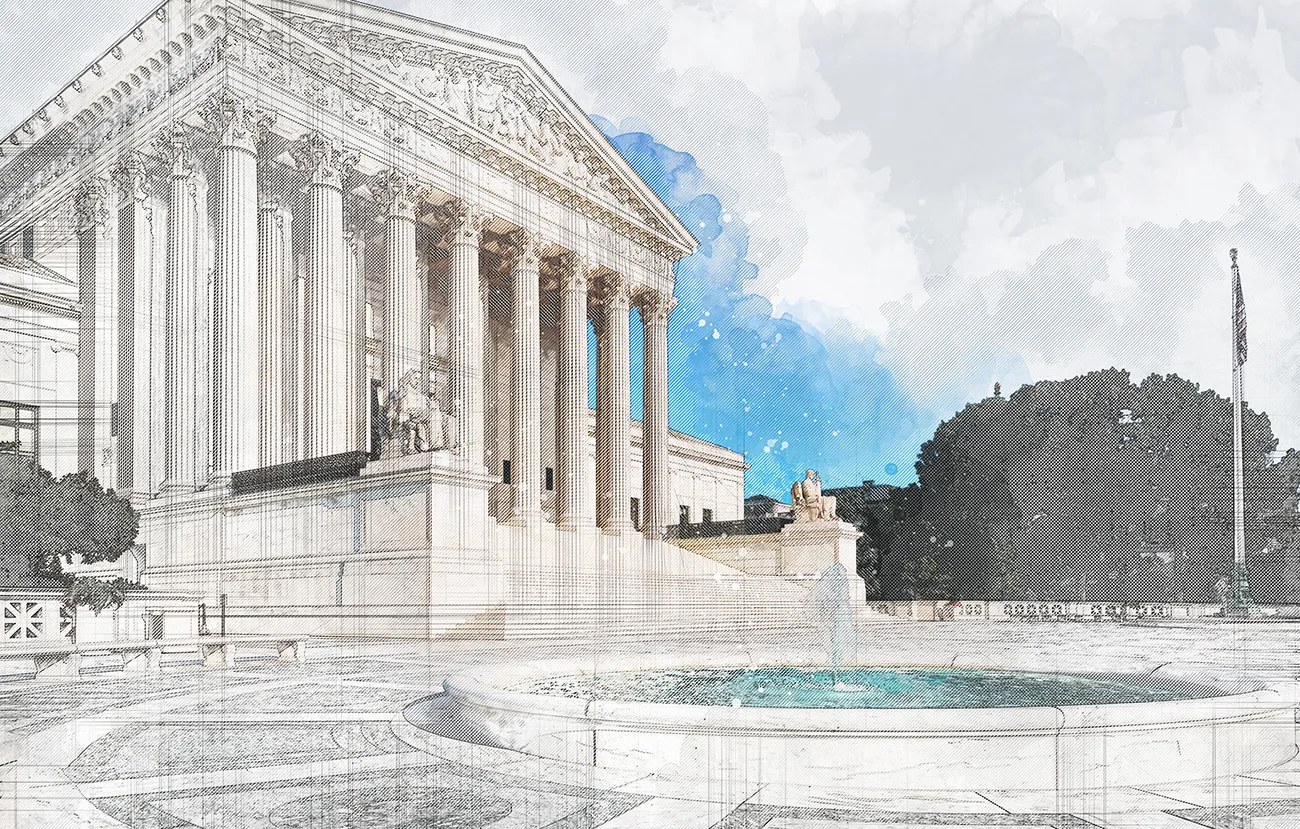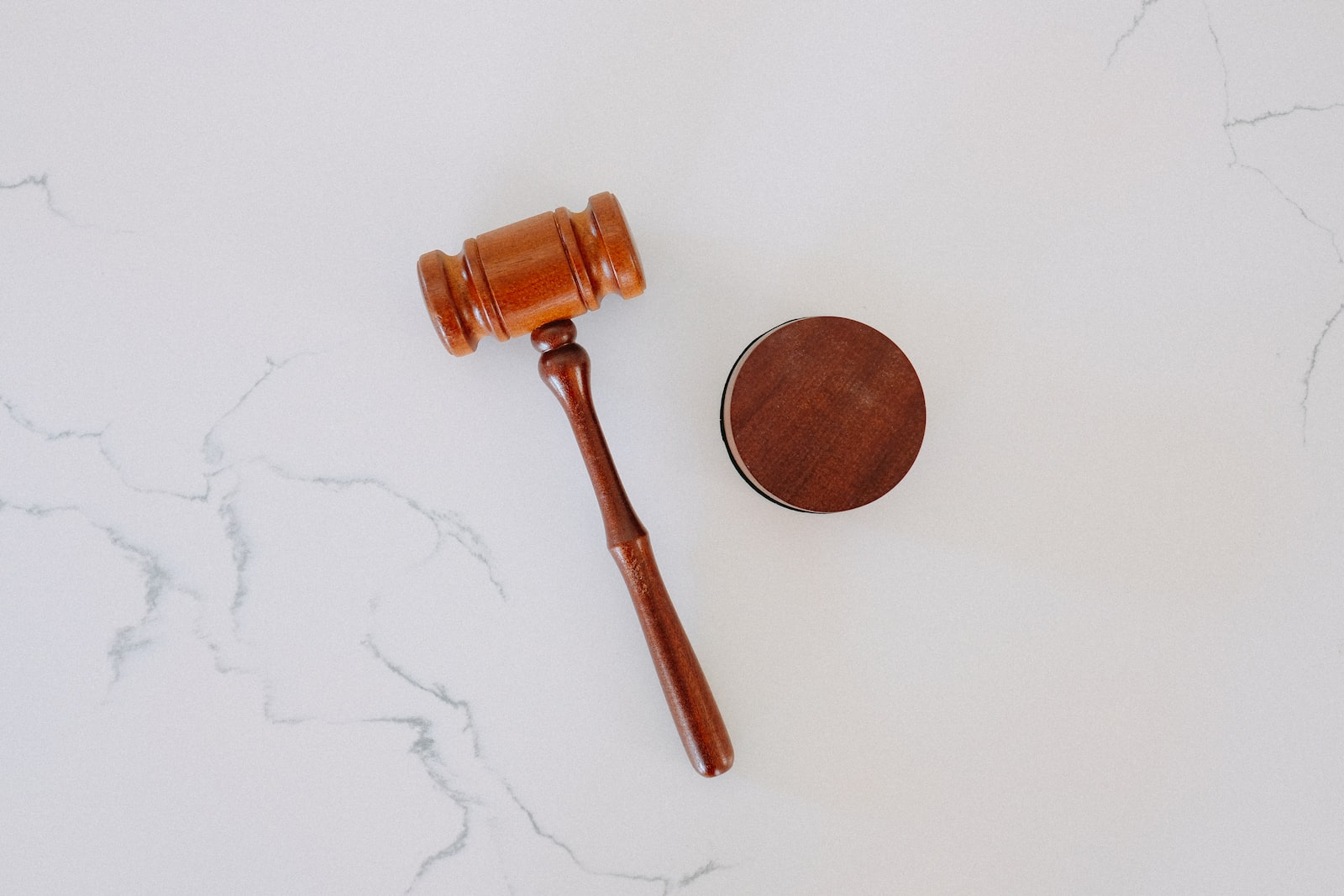Impromptu ‘IP Day’ at the Supreme Court
The Supreme Court acted on a number of different intellectual property cases today, deciding one, agreeing to hear two more, and declining to hear several others.
1) Decided: Iancu v. Brunetti
In a widely watched follow-up to the Supreme Court’s 2017 Matal v. Tam case, the Supreme Court decided Iancu v. Brunetti today, holding that the USPTO’s historical bar on registration of “immoral or scandalous” trademarks violated the First Amendment.
2) Granted: Georgia v. Public.Resource.Org
The Supreme Court also granted cert on a case regarding the question of state and local government copyright claims over legal texts. The state of Georgia filed a lawsuit against a group named Public.Resource.Org, which republished the state’s annotated code for free access to the public, without the state’s permission. Georgia makes the plain text version of its code available online for free, but charges for access to the annotated version, which includes analysis and citations.
3) Granted: Dex Media v. Click-to-Call
Additionally, the Supreme Court announced that it will decide on the first question presented in the Dex Media v. Click-to-Call case, regarding whether or not the Federal Circuit can review Patent Trial and Appeal Board (PTAB) decisions concerning the timeliness of a patent challenge.
4) Denied: ReDigi v. Capitol Records et al.
The Supreme Court denied the cert petition in ReDigi v. Capitol Records. ReDigi’s legal battles, previously covered by DisCo here and here, involve copyright challenges to the company’s effort to allow digital music service users to sell or transfer lawfully downloaded music files. In December 2018, the Second Circuit sided with respondents, affirming the decision from the district court that granted Capitol Records’ motion for summary judgement that ReDigi was liable for copyright infringement for unauthorized reproduction and distribution.
(No action has been taken regarding the pending Oracle v. Google petition, which DisCo is tracking; the latest update in this case was the CVSG on April 29.)
[Updated to add more IP cases!]
5) Denied: Texas Advanced Optoelectronic Solutions Inc. v. Renesas Electronics America Inc.
Additionally, the Supreme Court denied a cert petition filed by Texas Advanced Optoelectronic Solutions Inc. The petition questioned whether an offer to sell a patented invention considered where the offer to sell was made, or whether the offer would take place. The Federal Circuit ruled that an offer to sell under Section 271(a) of the Patent Act constitutes an infringement if the “making, using or selling” takes place within the United States. A mere “offer” to sell is not an infringing act.
6) Denied: Ariosa Diagnostics Inc. v. Illumina Inc.
The Supreme Court also denied a cert petition filed by Ariosa Diagnostics, Inc. The petitioner sought to have the Court decide on whether unclaimed but disclosed inventions would constitute prior art on the date that application was filed.








